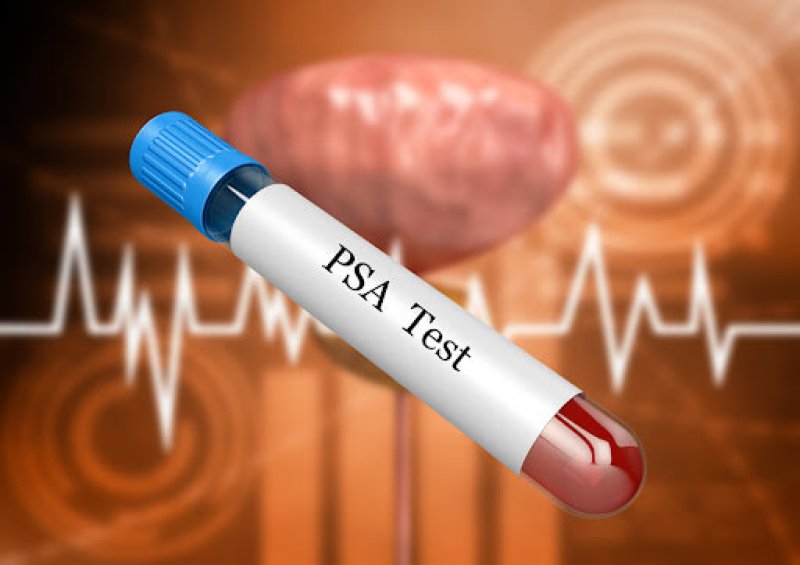The [prostate-specific antigen, or] PSA test was first experimentally used to detect prostate cancer in the late 1980s, and in the mid-1990s it was approved for this purpose in the U.S. However, it is notoriously difficult to interpret, and can be connected to prostate size and age, and to other diseases like benign prostatic hyperplasia (BPH), inflammations, and infections. It can also be prone to false positives.
Biopsy following elevated PSA is, however, increasingly being replaced by MRI scans which are less cumbersome and might decrease the risk of unnecessarily detecting small, clinically insignificant, cancers.
Nevertheless, results of PSA tests can also — and again, often do — lead to years of repeated, regular testing for the individual patient. And to years of repeated, regular PSA angst.
Of course, the test can also lead to the detection of significant, potentially lethal, cancer, and the chance to save a life.
This is one of the paradoxes of the PSA test: People want it to find cancer and save individual lives, but they also critique it for finding too much cancer and destroying lives when applied across a whole population.
































